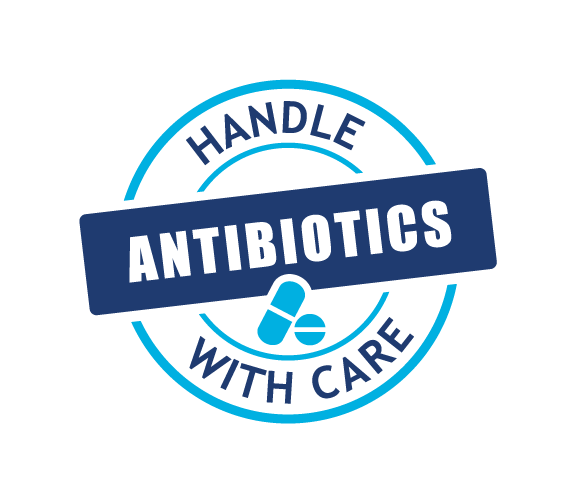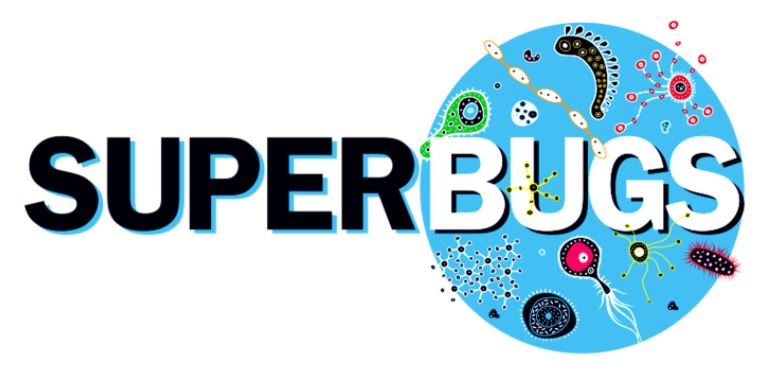Microorganisms and antimicrobial resistance (AMR)
Microorganisms (living things too small to be seen with the naked eye) are all around us. The majority are not harmful to us, and many are actually beneficial, for example we have them in our gut and they help with digesting food. A small number of microorganisms are harmful, however, and can cause infections that make us sick.
We use medicines called antimicrobials to stop microorganisms causing disease and to treat infections. You may have heard of a type of antimicrobial called an antibiotic which treats infections caused by bacteria, one type of microorganism. Antimicrobials are very important and are our key weapon against infection!
Unfortunately, microorganisms can become ‘resistant’ to antimicrobials. This means that the antimicrobials can no longer stop the microorganisms from growing and are not as effective at treating infections. Often, microorganisms that are resistant to antimicrobials are called ‘Superbugs’. The problem of ‘antimicrobial resistance’ is increasing and this is a big threat to human health. Fortunately, there are ways that we can stop the spread of superbugs and antimicrobial resistance.
What can you do to stop the spread of infections and fight AMR?

Practice good hygiene habits:
- Wash your hands often with soap & water as this will remove microorganisms that could make you ill. Always wash your hands before eating, after playing outside and after using the toilet.
- Covering your mouth and nose with a tissue when you cough or sneeze helps to stop the spread of germs. Throw your used tissues in the bin and wash your hands. If you don’t have a tissue then cough or sneeze into your elbow, not your hands.
- Good food handling reduces the risk of getting ill from microorganisms carried on food. Wash your hands before cooking or handling food, and wash your fruit/vegetables with clean water before eating them.
- Stay home when unwell to help stop infections spreading to other people.
Get vaccinated to protect you and other people against diseases caused by microorganisms
Use antimicrobials responsibly:
- Take your medicine even if you don’t like the taste. Doctors may prescribe antimicrobials that will kill the microorganisms that are making you ill.
- Remember that different types of antimicrobials treat different infections. If you have an infection caused by a virus (such as a cold or flu), then antibiotics will not work as they only treat infections caused by bacteria.
- Follow your Doctor’s Advice. Only take antimicrobials that are prescribed for you and do not share your antimicrobials with other people. Take the correct amount, for as long as instructed, to make sure your infection is cured completely
Spread the word! Tell others about the importance of using antimicrobials carefully and the risk of superbugs.
If you want to learn more visit:

SUPERBUGS is a fantastic website (available in English and Welsh) with lots more information and fun interactive activities about microorganisms, infection and antimicrobial resistance.
Follow Superbugs on Twitter @CUsuperbugs
